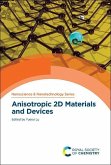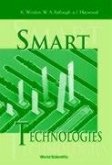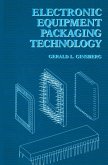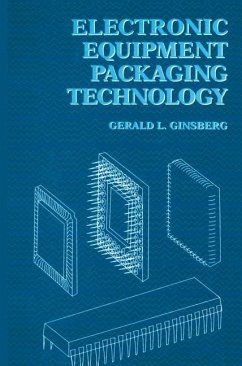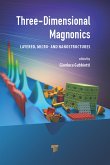Modern printing technology has paved the way for the fabrication of thin inexpensive electronics and is now established as a topic taught on advanced level courses across materials science and engineering. The properties of printed electronics, such as thin-form factor, flexibility, stretchability, portability, and rollability mean that they have a wide range of applications, including in wearable devices, smart packaging, healthcare, and the automotive industry. This textbook describes the key printing technologies for printed electronics. Chapters cover principles and mechanisms, techniques, inorganic and organic materials, substrates, post-treatment and applications of printed electronic technologies. Review questions and examples of further reading are also provided. Written by a leader in the field, this title will be essential reading for students on courses across materials science, electronic science, manufacturing and engineering, as well as those with an interest in printed electronics.
Hinweis: Dieser Artikel kann nur an eine deutsche Lieferadresse ausgeliefert werden.
Hinweis: Dieser Artikel kann nur an eine deutsche Lieferadresse ausgeliefert werden.



